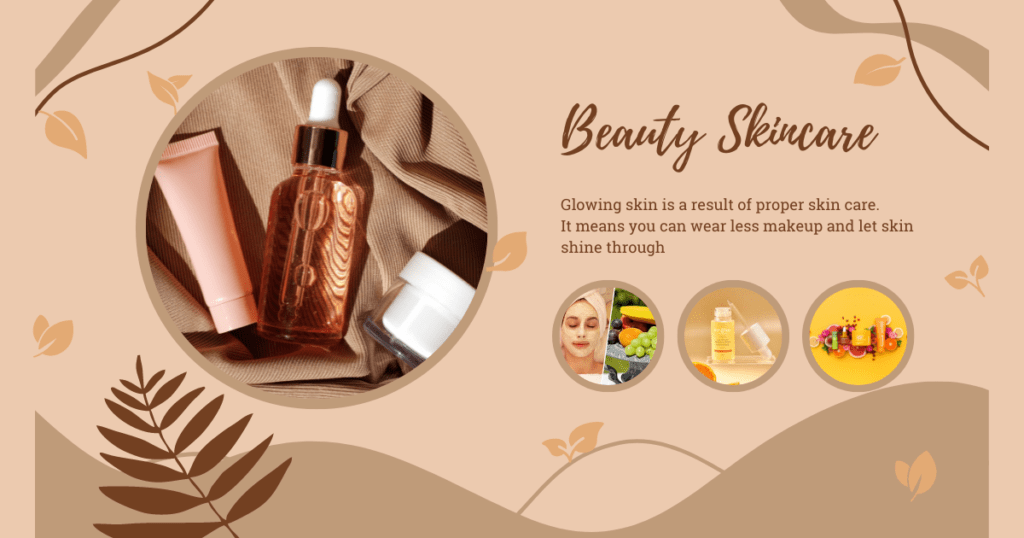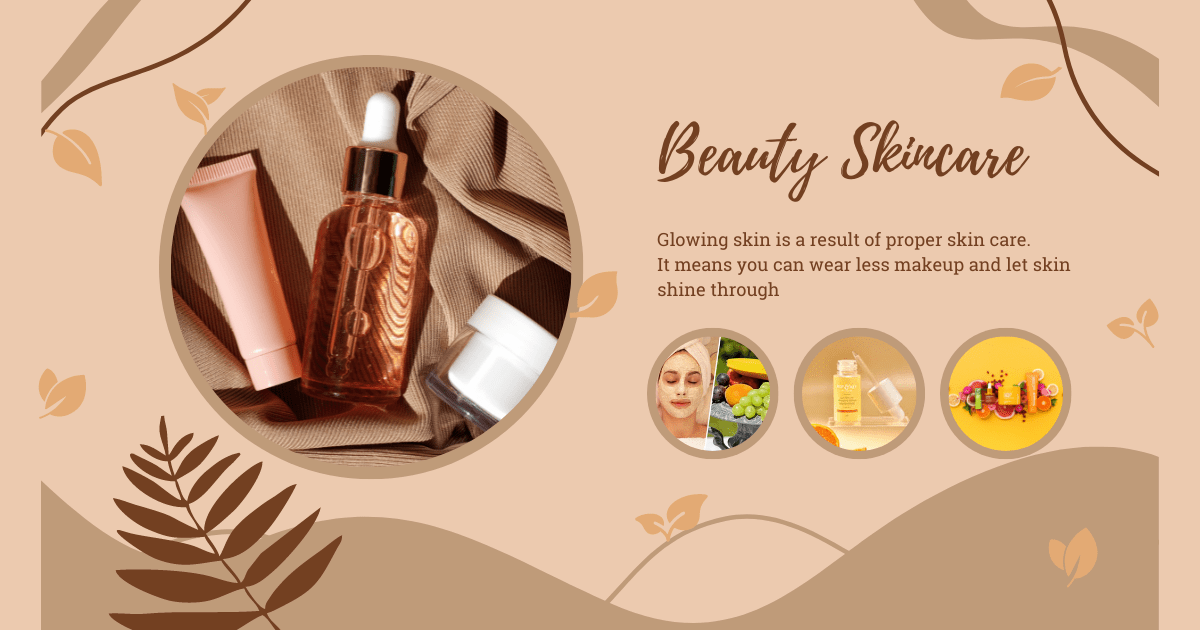Really focusing on the skin during winter takes somewhat additional time and exertion in light of the fact that the circumstances are fairly outrageous for our delicate defensive obstruction. Skin gets presented to the components: cold air whipping breeze sun gleaming off the snow. Here are some amazing Skin Care Tips for Dry Skin in Winter.
Low dampness is normal in colder environments taking dampness from the skin the entire day. Also, inside it’s impacted with dry intensity. In this article, we’ll explore some of these natural ingredients and how they can be incorporated into a skincare routine for healthy, glowing skin in winter.

Top Skin Care Tips for Dry Skin in Winter.
1) Raw honey is one of the most popular beauty ingredients in today’s market. When it comes to hair care, raw honey has long been considered to be an essential ingredient because its high concentration of enzymes, which break down protein molecules in order to form collagen, helps to promote better elasticity and structure of collagen.
This, coupled with its antibacterial and anti-inflammatory properties, makes raw honey a great choice for soothing irritated and sunburned skin. Additionally, raw honey contains antioxidants and amino acids that help to improve overall health. It also acts as a powerful humectant which helps to draw moisture out of the air, leading to improved skin care tips for dry skin in winter
2) Grapefruit juice is another natural substance that has been popular for decades. One of the primary benefits of grapefruit is its ability to brighten and hydrate the skin. Grapefruit is rich in vitamin C, which helps to boost cell turnover, increasing blood circulation to the skin, helping to make it appear smoother and softer for longer. Grapefruit has also been shown to prevent damage from oxidative stress, which leads to increased cell repair.
Finally, grapefruit juice is known to contain resveratrol, a compound that helps to calm skin inflammation and protect against the development of wrinkles. However, while grapefruit juice may not be suitable for daily use, it does have the potential to be incorporated into a daily skin care tips for dry skin in winter
3). Vitamin E is a well-known ingredient that has been used throughout history for its various health benefits. From reducing pain to maintaining healthy blood vessels, Vitamin E helps to boost the immune system, making it a valuable addition to a skincare routine. Its antioxidant properties help to neutralize free radicals, which cause cellular damage that can lead to premature aging and other health problems.
The key is to incorporate enough of the nutrient into your diet, as too much could interfere with its absorption. Soak up some extra Vitamin E through foods like avocados or nuts, or try incorporating it into homemade face masks.
4) Niacinamide is a water-soluble vitamin that is commonly found in many body lotions and creams. As a topical treatment, niacinamide helps to nourish and refresh the skin, providing a protective barrier against environmental aggressors. While it is typically reserved for those who suffer from acne breakouts, niacinamide has been shown to be effective at treating certain types of rosacea.
This healing ingredient is often combined with other ingredients like retinoids or peptides to further enhance its efficacy. To get the most out of your cream, look for products with added ingredients like hyaluronic acid or ceramides to retain its hydrating properties.

5) Hyaluronic acid is another powerful ingredient that has been used for centuries to restore damaged skin. Hyaluronic acid is a naturally occurring component within the human body that helps to draw moisture into the skin and encourage it to stay there. The key is to find the right balance between hyaluronic acid and glycerin in your serum or moisturizer to ensure the desired results.
6) Coconut oil has long been regarded as a natural moisturizer that works wonders on the skin. Rich in fatty acids, coconut oil draws moisture to the skin without weighing it down and leaving it feeling dry. Unlike petroleum-based oils, coconut oil absorbs quickly into the skin, meaning it doesn’t leave any residue on the surface of the skin, ensuring long-lasting hydration.
Another benefit of using coconut oil is that it’s very lightweight, making it perfect for sensitive skin. With all the necessary nutrients it needs to keep skin looking smooth and soft, coconut oil will give a youthful glow to any skin type.
7) Papaya fruit contain lycopene, a chemical compound that has antioxidant, astringent and exfoliating properties. Lycopene has been shown to help fight free radical damage, which can lead to damage to DNA and cause premature aging. By absorbing excess sebum, papayas also help to decrease the size of pores, preventing damage from excessive pore sizes. Papayas also contain lysosaponic acid, which helps to soften the skin, making it more even tone and less likely to age.
Lastly, papayas contain carotenoids, which can be used to lighten skin, including dark spots, uneven skin tones, and pigmentation. Overall, papayas can be found in both fresh and processed forms, but if you’re looking for a fruit with good nutrition, choose raw papaya, as it contains more beneficial antioxidants than processed ones.
8) Beetroot root extract has long been regarded as an excellent source of antioxidants for protecting the skin. High in vitamins A and C, beetroot reduces the risk of developing skin cancer, aids in wound healing, and increases the amount of oxygen in the bloodstream. All of these benefits come together to provide protection against UV damage, which can lead to fine lines and wrinkles. Just one tablespoon of freshly grated beetroot is enough to add 1/2 teaspoon to a glass of warm milk or oatmeal and stir until thickened.
Alternatively, you can squeeze the juice of half a lemon over a slice of fresh orange or a small piece of cantaloupe and use it on a wet cotton pad. You can also mix equal parts of carrot and celery with equal parts of water and vinegar and apply it directly to damp skin for 20 minutes before rinsing off. Beets are particularly wonderful in springtime when they are just beginning to bloom and offerskin care tips for dry skin in winter
9) Licorice root extract has long been prized for its skin-loving properties. Known for its strong anti-inflammatory and antimicrobial properties, licorice root extract can help to soothe irritated skin and soothe burns. Due to its ability to absorb large amounts of hydration, licorice root extract can also assist in improving the appearance of darker skin tones and preventing the growth of whiteheads, blackheads, and pimples.
There are several preparations you can incorporate into your morningskin care tips for dry skin in winter, such as a smoothie, tea or coffee, to reap the benefits of licorice root extract.
10) Green tea can work effectively as a natural cleanser and toner. Green tea is full of antioxidants that help to protect your skin against damage caused by damaging UV rays. This includes the likes of hyaluronic acid and zeaxanthin, which help to absorb excess moisture and aid in the prevention of skin discoloration. Licorice root extract can also be used to infuse green tea into a hot beverage to make it less acidic and more relaxing for the skin.
11) Turmeric contains curcumin, which has been shown to have anti-inflammatory properties. Its main active ingredient, called curcuminide, contains anti-oxidative effects that slow down the skin cell damage caused by damaging UV rays. Additionally, curcumin has been shown to stimulate blood flow to the skin, which is the best skin care tips for dry skin in winter
12) Yoghurt is a fermented dairy product made from yogurt that is popular among consumers looking for a probiotic to support gut health. Probiotics are microbes that live in the intestinal tract, and play a role in digestion and immune function. Yogurt is a great source of probiotics, which not only strengthens the immune system, but also supports digestive health. Studies have shown that consuming yoghurt can increase the number of probiotics in the gut, which can skin care tips for dry skin in winter
13) Aloe vera gel has been widely used as an alternative to sunscreen in recent years. According to research, aloe vera gel contains compounds that help to lower the production of melanin and improve skin color. This is especially true for people with oily or acne-prone skin, as the skin tends to absorb the alcohol and eventually become greasy. Furthermore, studies have shown that aloe vera gel can effectively treat sunburn due to its cooling effect and antiseptic properties. It also provides relief from itching and burning if you come into contact with saltwater.
14) Sunscreen should be reapplied every two hours as recommended by dermatologists, regardless of whether you are outside or inside during the day. Not only is it important to wear SPF 30+ during the summer months, but also at night to protect our skin from the harmful ultraviolet (UV) rays of the sun. These rays can cause oxidative damage to the skin cells, leading to premature wrinkling, lines, and sagging skin tone.
15) Retinoids are compounds that are commonly used to rejuvenate the skin. Retinoids are highly concentrated in the outer layers of the skin, but have the power to penetrate deeper into the dermis to reach deeper layers of cells and break down damaged cells. Retinoids help to replenish the skin’s cellular reserves and accelerate cell renewal and eliminating dead skin cells.


